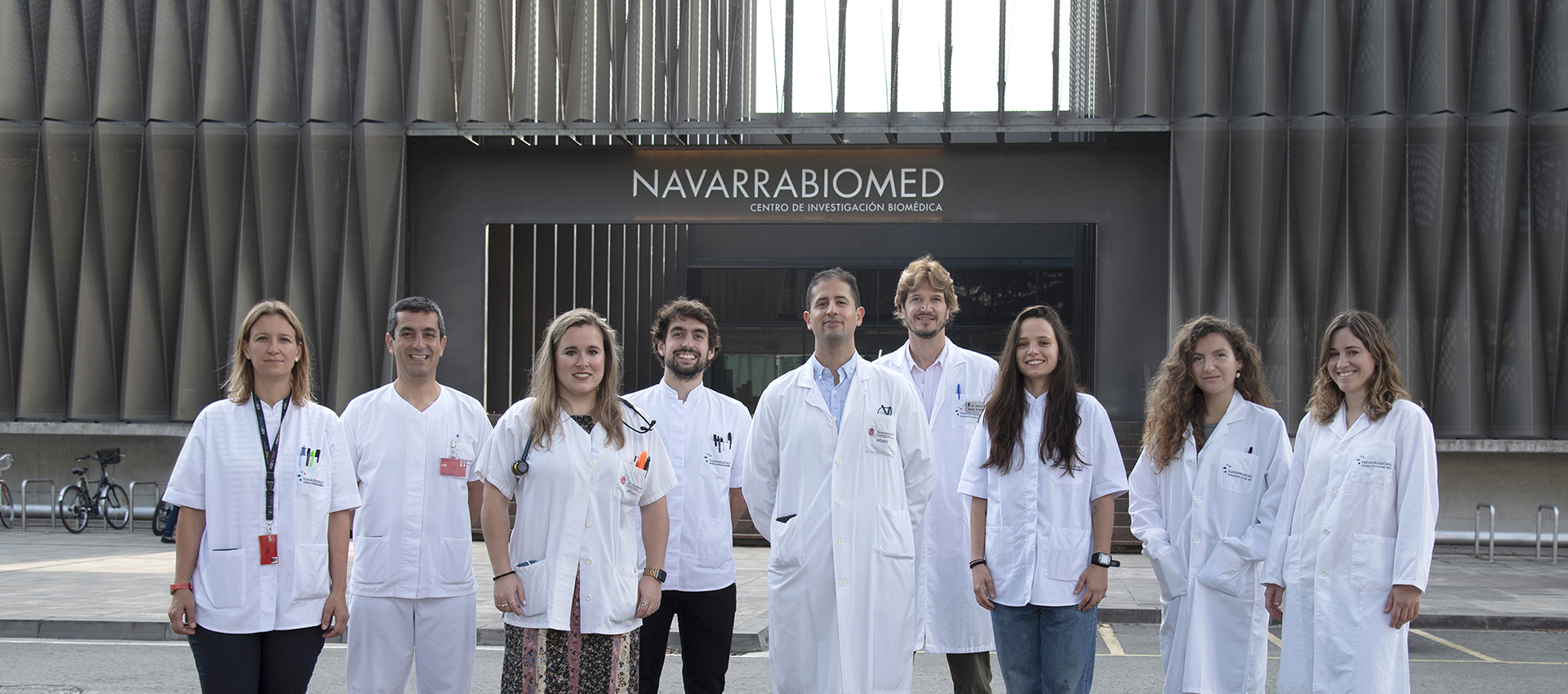
Bernardo Abel Cedeño rewarded for his studies on biomarkers in hip fracture risk prediction
- Bernardo Abel Cedeño Veloz, a geriatrician at the University Hospital of Navarra (HUN) and a predoctoral researcher at Navarrabiomed, has received an award for his studies on biomarkers in hip fracture risk prediction
Bernardo Abel Cedeño Veloz, a geriatrician at the University Hospital of Navarra (HUN) and a predoctoral researcher at the Geriatrics Unit of Navarrabiomed, has been recognized as the top young investigator at the International Congress on Osteoporosis, Osteoarthritis, and Musculoskeletal Diseases, held recently in Barcelona. The work presented offers a multidisciplinary approach, involving professionals from geriatric medicine, nursing, physiotherapy, and pharmacy, for predicting the risk of hip fracture in older adults.
Osteoporosis is a disease that affects bone density and quality and can significantly increase the risk of fractures (up to 32%), thus leading to negative individual and socio-economic consequences. In Spain, it is estimated that there are 285,000 osteoporotic fractures per year (2019 data), with 70% of these occurring in women, and a 30% increase in cases is projected from 2019 to 2034 due to population aging.
Clinical methods for estimating fracture risk currently present limitations in terms of underestimating the risk, especially in the elderly adult population. As such, healthcare professionals need new technologies to improve the accuracy in fracture risk estimation.
The study presented by Bernardo Abel Cedeño, entitled WSerum biomarkers associated with hip fracture and fracture risk in older adults: A cross-sectional study,W demonstrates how certain proteins with an inflammatory profile differ significantly between patients with fractures and those without, establishing a correlation with the fracture risk of patients according to the FRAX scale (a reference scale for fracture risk assessment).
In this regard, thanks to proteomic analysis, differential proteins that could serve as potential biomarkers for risk estimation have been identified. These advancements in research will help improve the accuracy in estimating the probability of experiencing a hip fracture, in order to implement preventive fracture treatments for individuals at high risk.
Research in Geriatrics
The research presented has been coordinated by Nicolás Martínez Velilla, Head of the Geriatrics Service and responsible for the Geriatrics Unit at Navarrabiomed. Since 2012, he has been working on studying aspects related to aging, especially the complexity of multimorbidity, frailty, sarcopenia, and polypharmacy. Both in this award-winning research and others, the team has collaborated, with the Scientific and Technical Service of Proteomics and the Physical Exercise, Health, and Quality of Life (E-FIT) Unit at Navarrabiomed.
Caption: In the centre, Bernardo Abel Cedeño, together with geriatric professionals from the University Hospital of Navarra (HUN) and Navarrabiomed.
